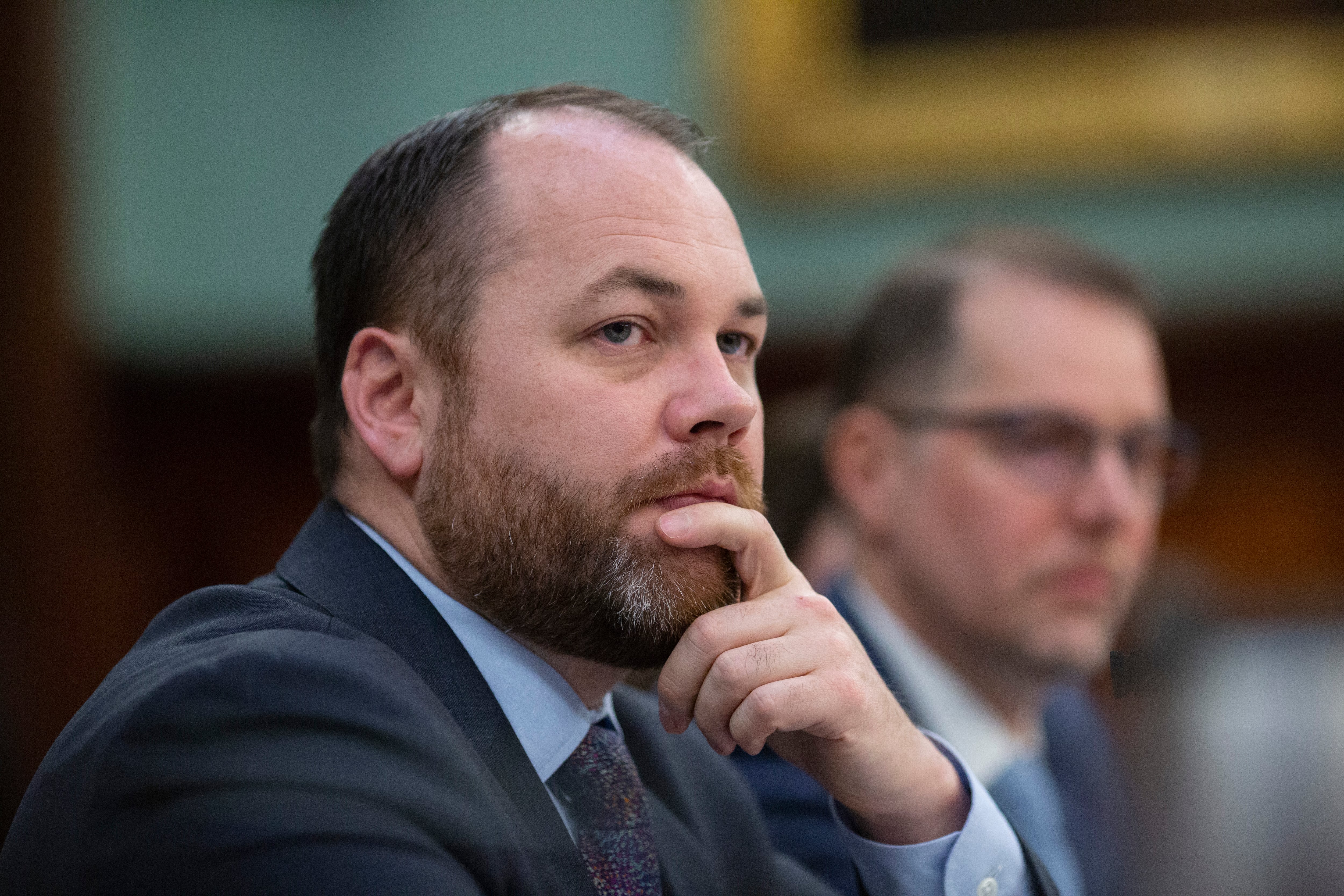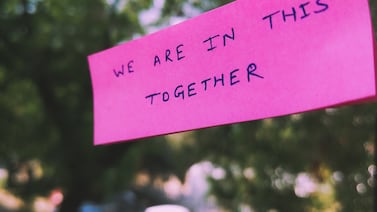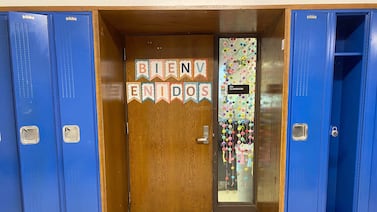The New York City Council is “laser-focused” on saving the city’s summer youth jobs program, or at least some version of it, Speaker Corey Johnson said Wednesday.
Earlier this month, city officials slashed the program — which served about 75,000 people from 14 to 24 last year — saying the coronavirus pandemic would prevent participants from safely attending their job sites. Cutting the summer youth program would save the city $124 million over the current and following fiscal years (which starts July 1) as the city braces for more than $7 billion in lost revenue.
Providers and student advocates have pushed back, asserting the program is a financial lifeline for many low-income students and their families. Many providers have said they could provide virtual youth employment options, and Johnson warned that young people would need something to do, especially as social distancing might still be the norm.
“If beaches are not open in their full way, if schools are closed, if playgrounds are closed, and if school is out, what are young people gonna do?,” Johnson told reporters Wednesday. “We need to figure out what those options are.”
The council has not yet released an alternative proposal, but Johnson suggested some solutions, such as virtual training or hiring young people at food pantries, as disease detectives, and helping take calls at human services agencies.
A reboot would have a smaller price tag than the fully operational program, Johnson said, adding that the council was working with providers to figure out alternatives as they work to approve a final city budget by sometime in June.
The pressure to save the program has been mounting over the past couple weeks. Staten Island Councilmember Debi Rose, who chairs the council’s Youth Services Committee, penned a letter to the mayor asking for the program to be reinstated. The letter was signed by 17 other council members across the city.
“For many young people, this is about survival,” said Queens Assemblymember Catalina Cruz, who joined Manhattan Borough President Gale Brewer, Brooklyn Borough President Eric Adams, and several state lawmakers to voice their support during a Tuesday press conference with advocates.
But convincing the city to fund the program could be challenging. Cruz and a contingent of progressive Democratic lawmakers had unsuccessfully called for raising taxes on the ultra-wealthy to raise revenue for the state budget.
Still, Cruz said she would push City Council to find “novel, alternative ways to raise taxes.”
State Sen. Robert Jackson, of Manhattan, wondered if the city could halt capital projects and apply those savings toward summer youth employment.
City Hall did not immediately respond for comment.








